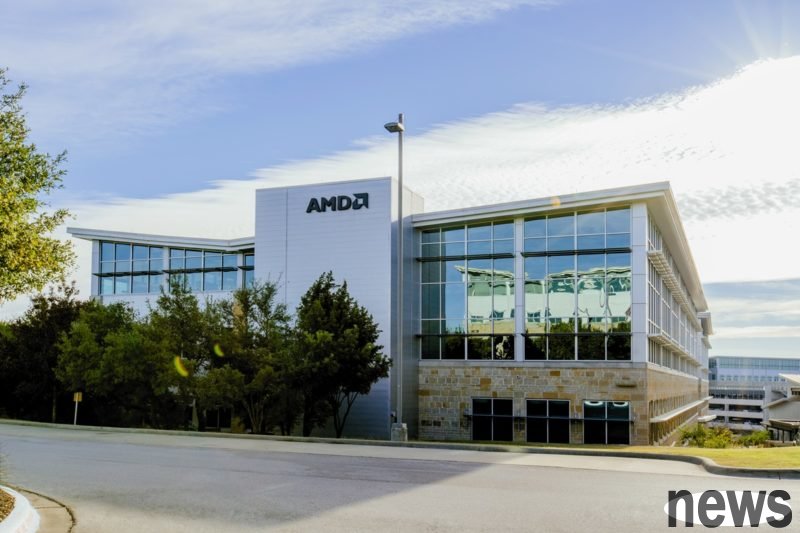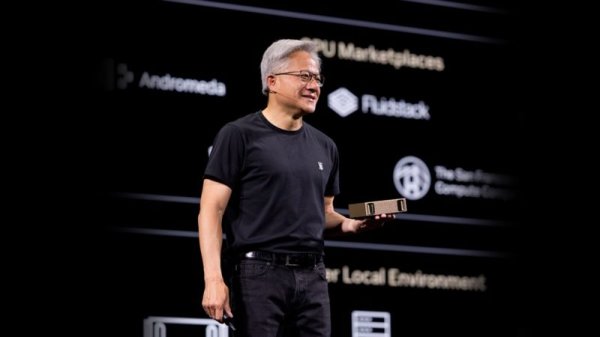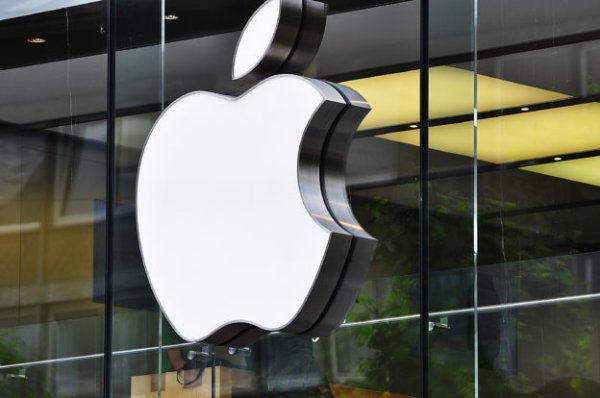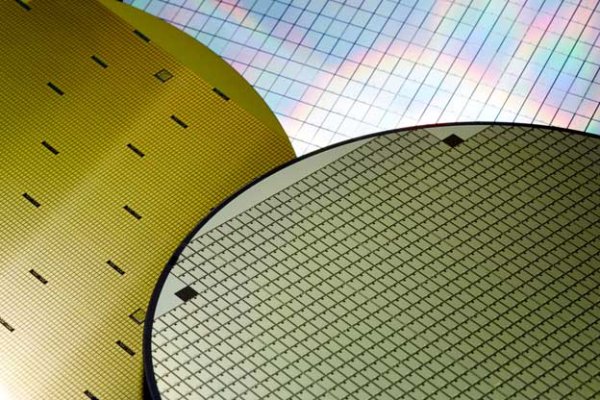AMD suffered a sharp increase in market share, and lost 6%

Analysts adjusted the investment evaluation of Ultramicro (AMD) and believed that the AI chip market won the market share ratio less than investors' expectations. In addition, the competition rival Broadcom won the big order, which made all walks of life worried that the growth of demand for AI chips failed to benefit all participants; AMD's share price fell by more than 6% in the 5th.
According to foreign media reports, Seaport Research Partners analyst Jay Goldberg reduced AMD investment reviews from "buying" to "neutral", believing that the market's expectations for the company's AI chip business are too high in the short term, and the market share is unlikely to increase significantly in the short term.
All sectors have previously been optimistic that AMD will eat NVIDIA's share of the AI chip market, but Seaport believes that AMD is unlikely to receive new orders from many customers as previously claimed. After surveying the supply chain, it found that AMD's AI chip business growth is getting more and more difficult to achieve high expectations.
MarketWatch analysis pointed out that super-large manufacturers seem to be more customized chips from Broadcom. Broadcom issued a brilliant financial report last week and announced that it had received a custom-made chip order worth US$10 billion from new customers. It is the fourth largest AI chip customer (the customer may be ChatGPT developer OpenAI).
AMD stock price fell 6.58% on the 5th and closed at $151.14, the third largest decline in the TOP 500 index on that day (only Lululemon and Kenvue); Broadcom rose nearly 10% on that day.
Experts believe that AMD's stock price plummeted after Broadcom Financial Report, reflecting that although demand for AI chips continues to grow, it does not benefit all participants. Super-large-scale enterprises may turn to Broadcom to cooperate in developing customized chips rather than choosing AMD products.
Melius Research also issued a report on the 5th that Broadcom won the OpenAI order, which may be a negative for NVIDIA and AMD. However, corporate AI spending is still large, and it may be too early to worry about the impact.
Extended reading: AMD supports the x86 ecosystem and bluntly says that the Arm architecture is no longer superior



